Beginning July 1, the major U.S. tobacco companies were mandated to post eye-catching signs telling the public the truth about the deadly consequences of cigarette smoking at about 220,000 retail stores across the nation that sell cigarettes.
“This is a long-overdue step in holding the tobacco industry accountable for decades of misleading the public with blatant lies that led to addiction, disease and premature death for millions of people,” said Jonathan Chaffee, Reality Check youth coordinator for Tobacco-Free Chautauqua, Cattaraugus and Allegany Counties (TF-CCA).
Under a federal court order, said Chaffee, the signs must be installed near cigarette displays in stores by September 30 and must be displayed until June 30, 2025.
This order will fully implement the “corrective statements” the tobacco companies were first ordered to make in 2006, when U.S. District Judge Gladys Kessler issued a landmark judgment that these companies had violated civil racketeering laws and lied to the public for decades about the health risks and addictiveness of cigarettes and their marketing to children. The tobacco industry has fought the point-of-sale corrective statements in court for 16 years, but the parties to the case – including the U.S. Department of Justice, six public health organizations and the tobacco companies – negotiated an agreement for the corrective statement signs to be displayed in retail stores for 21 months.
The point-of-sale signs will tell the public the truth about the adverse health effects of smoking and secondhand smoke, the addictiveness of smoking and nicotine, and the industry’s manipulation of cigarettes to make them more addictive. Most important, this important information will be provided to consumers at the point where they are making decisions whether to purchase cigarettes.
The corrective statements have previously been disseminated through newspaper and television ads and on cigarette packs, and they continue to appear on tobacco company websites. The statements are intended to prevent and restrain future fraud by an industry that has lied to the American people for decades. For information on the corrective statements visit https://countertobacco.org/retailers-required-to-post-tobacco-industry-corrective-statements-at-the-point-of-sale/ .
Jonathan Chaffee
Tobacco-Free CCA
Reality Check Coordinator
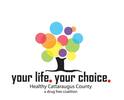
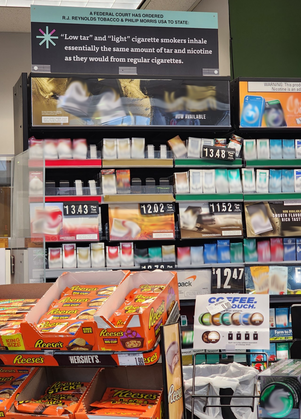

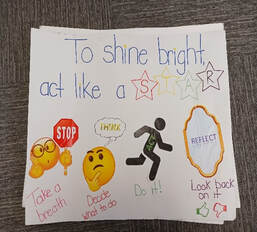
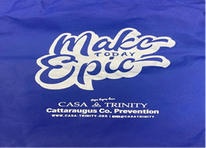

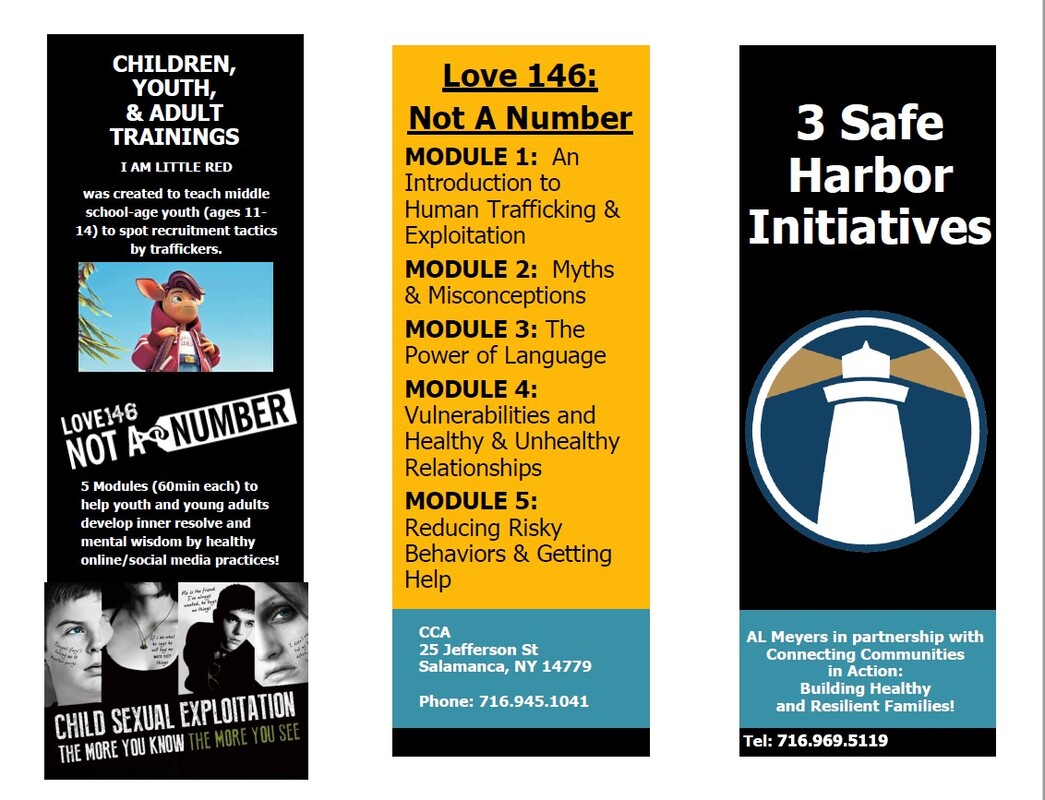
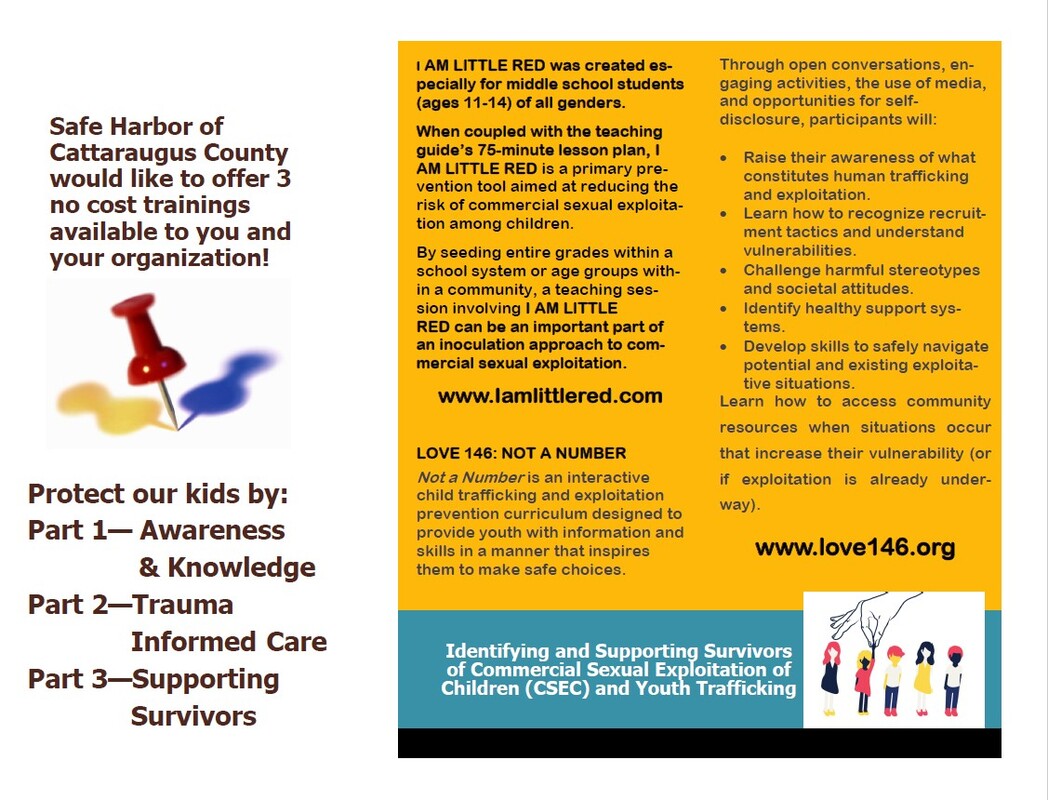
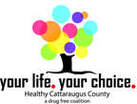
 RSS Feed
RSS Feed